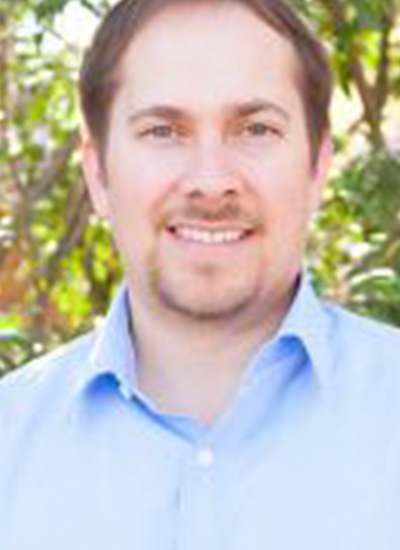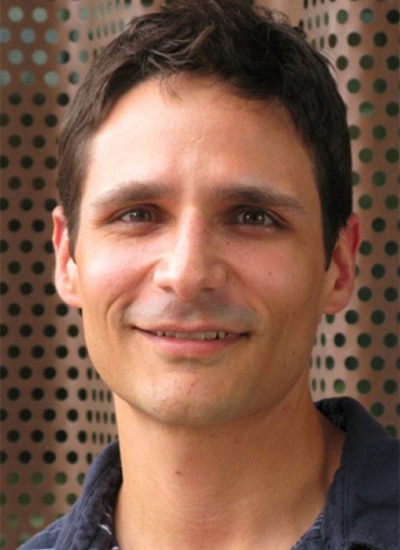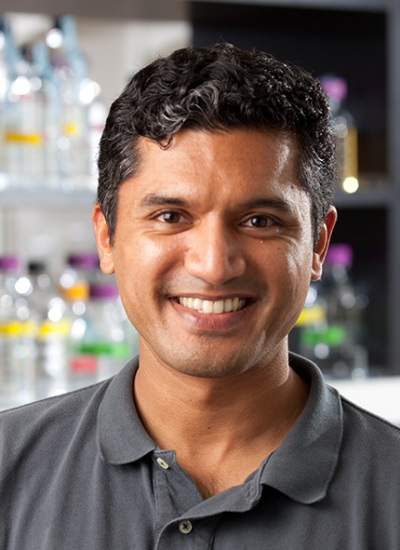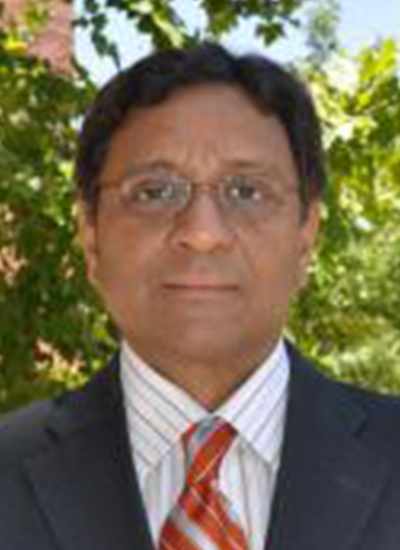Kristian Doyle
Work Summary
Approximately 795,000 Americans suffer a stroke each year, and 400,000 will experience long-term disability. The number of stroke survivors in the population is expected to double by 2025. Currently, treatments for stroke patients are limited to tissue plasminogen activator (TPA), but its use is limited to the first few hours after stroke. Therefore, the goal of our research is to develop new therapeutics that can promote repair and recovery in this rapidly growing population.





